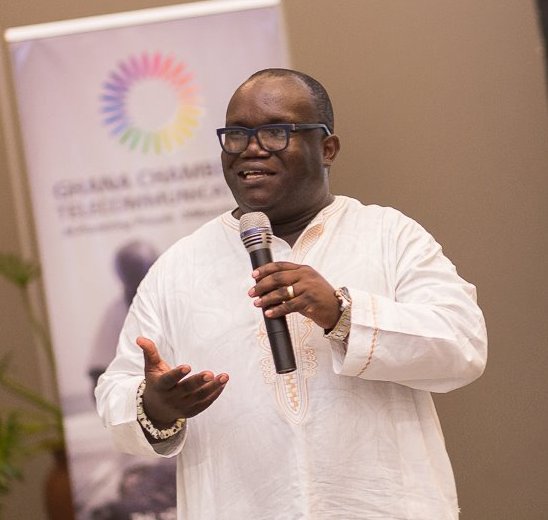The Chamber of Telecommunications says stakeholders will need to work out the details of the National Roaming Policy before implementation.
CEO of the chamber Ken Ashigbey said the policy is good but there must be a lot of considerations before its implementation.
"The Ministry has given the policy directive to the NCA, the NCA has started engagement with various... to be able to operationalise the National Roaming Policy. Roaming is not a bad policy and... we need to work out the details since there are technical considerations that will determine the type of roaming we are going to do and for areas that there is no service or underserved..."
Minister for Communications, Ursula Owusu announced that “Just as roaming outside the country is possible, so must it be internally and therefore some conscious efforts are underway to make it a reality soon."
The move will augment government efforts at ensuring good telecommunication services across the country, adding that “we want to promote national roaming so that if you go somewhere where your network doesn’t operate but another network is there you will automatically roam on that other network and get the services and be able to receive and make calls and use data.â€
This, she said, will prevent the carrying of multiple devices just to be able to communicate clearly at different locations in the country.
She said it is the same as “travelling abroad and using your own network there because you are roaming; so we want to promote national roaming as well. It is part of the conversation we are having with the operators and we would want it done.â€
According to the Minister, COVID-19 has changed the act of doing everything: education, religion, work, entertainment among others, have moved online and persons living in rural areas need not be eliminated from benefiting from these. She added that the move is necessary to facilitate e-education, e-health, e-commerce, trade, and digital financial services in rural communities as a means to open up the country and expedite economic growth.
“Without connectivity, we can’t do that and it is not right that it is only in the big cities and district capitals that we have data and voice connectivity. As a government, we believe that everybody should be connected and we want to send connectivity to all parts of the country,†she added.
Already, the government has secured funding for Ghana Investment for Electronic Communication (GIFEC) to roll out the construction of some 2,000 sites in its Rural Telephony project. Each site will connect some 500 people in each community, which gives the indication that several millions of people will be connected to the data service and voice services when the project is launched.





